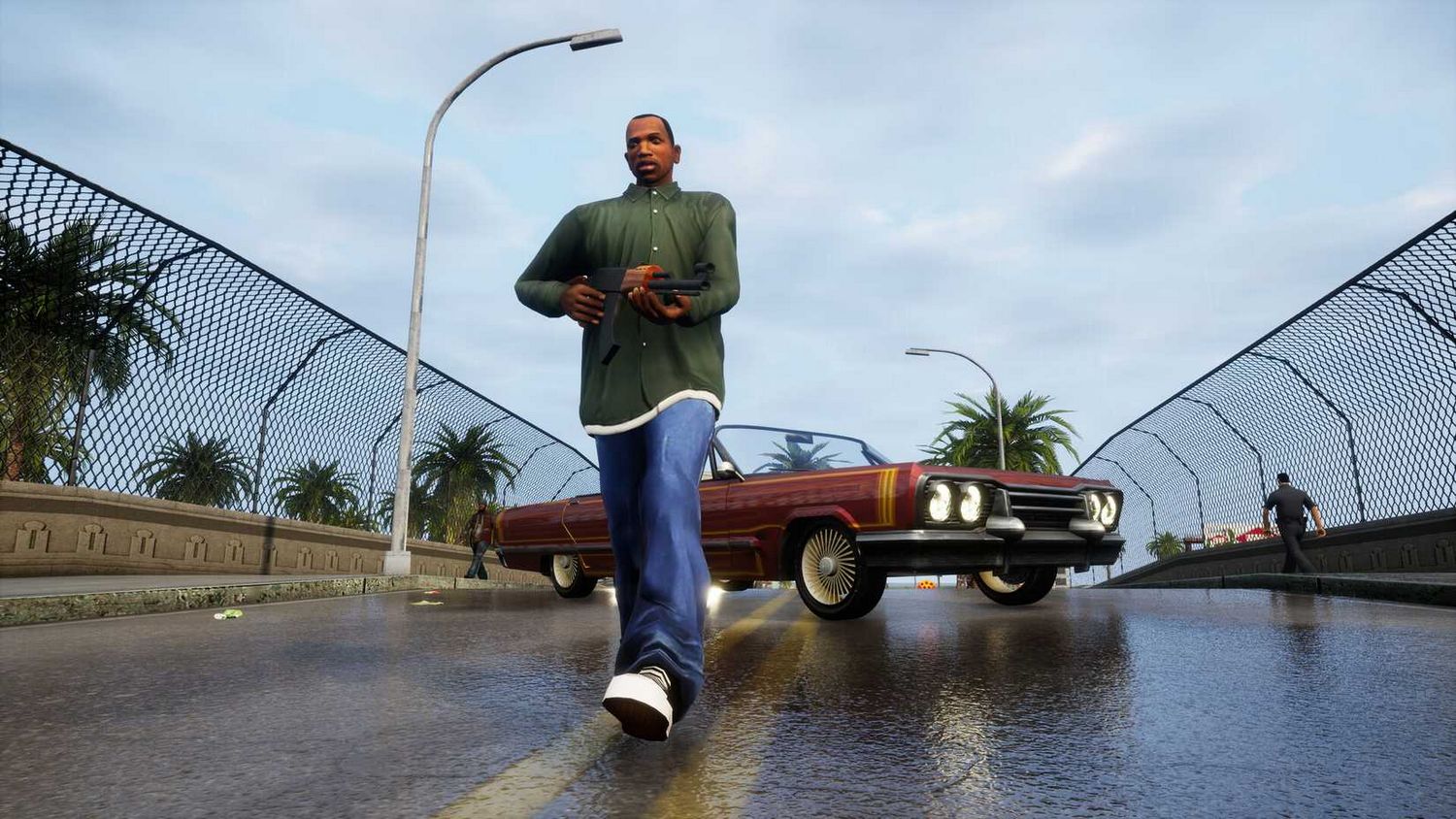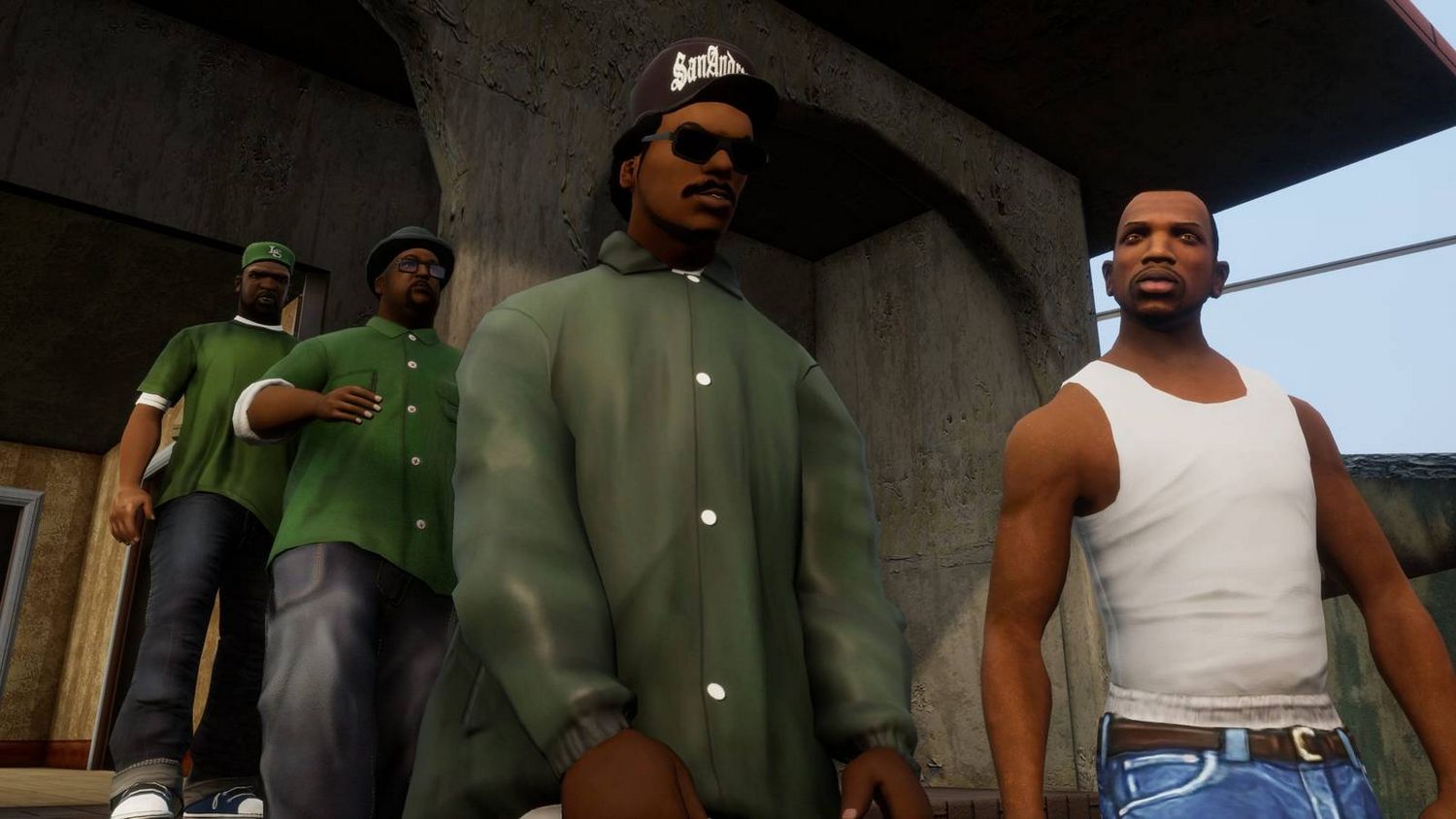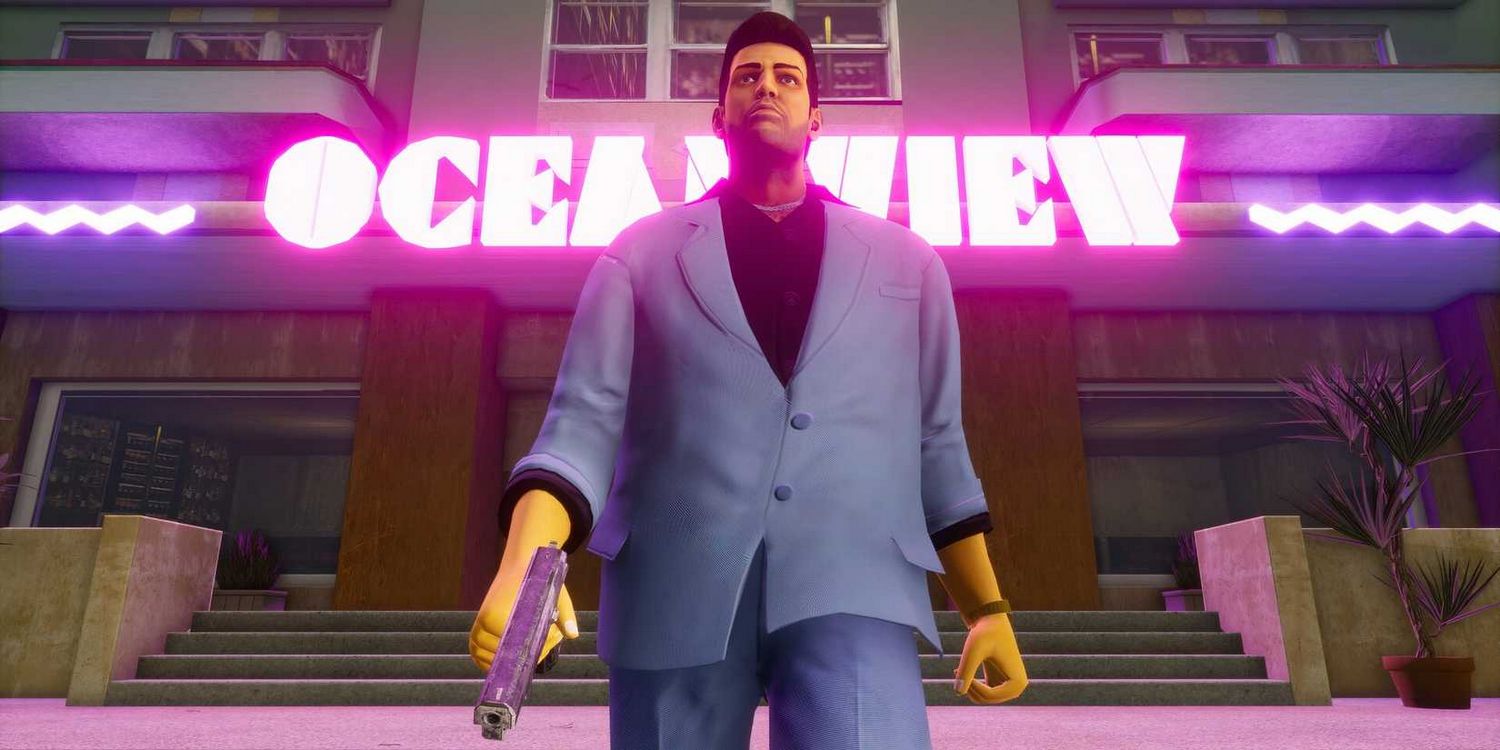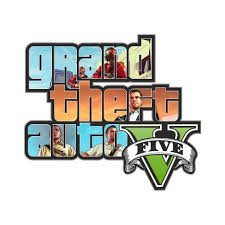University Reveals ‘Grand Theft Auto History’ College Class, Dividing Academia and Gamers
Popular Now
 Warframe
Warframe
 Candy Crush Saga
Candy Crush Saga
 Brawl Stars
Brawl Stars
 Roblox
Roblox
 Free Fire
Free Fire
 PUBG Mobile
PUBG Mobile
 BeamNG.drive
BeamNG.drive
 Gacha Club
Gacha Club
 Poppy Playtime
Poppy Playtime
 Fortnite
Fortnite
 In a move that has sparked a significant debate across the academic and gaming worlds, a prominent university has announced a new college course dedicated to the history and cultural impact of the Grand Theft Auto franchise. The class, titled “The Social and Political History of Grand Theft Auto,” will explore the series’ evolution, its controversial themes, and its role as a mirror of modern society. While some are hailing the course as a progressive step in recognizing video games as a legitimate art form and a subject of serious academic study, others are questioning its validity, reigniting the long-standing debate over the role of gaming in higher education.
In a move that has sparked a significant debate across the academic and gaming worlds, a prominent university has announced a new college course dedicated to the history and cultural impact of the Grand Theft Auto franchise. The class, titled “The Social and Political History of Grand Theft Auto,” will explore the series’ evolution, its controversial themes, and its role as a mirror of modern society. While some are hailing the course as a progressive step in recognizing video games as a legitimate art form and a subject of serious academic study, others are questioning its validity, reigniting the long-standing debate over the role of gaming in higher education.
The course description outlines a curriculum that will delve into the franchise’s depiction of a wide range of social issues, including urban decay, political corruption, the American Dream, and the commodification of violence. Students will analyze the games’ narratives, character development, and world-building through the lens of critical theory, media studies, and sociology. The announcement comes just as anticipation for Grand Theft Auto 6 is reaching a fever pitch, making the timing particularly noteworthy. The course aims to be more than just a surface-level look at the games; it seeks to provide a deep, scholarly understanding of their place in contemporary culture.
 The Core Debate: Is a Grand Theft Auto Class Legitimate?
The Core Debate: Is a Grand Theft Auto Class Legitimate?
The news has generated a fierce discussion on social media and academic forums. Here’s a look at the arguments from both sides:
- The Case for the Class: Proponents argue that video games, particularly one as influential and globally recognized as Grand Theft Auto, are a vital part of modern culture and deserve to be studied alongside film, literature, and other art forms. They believe the series offers a rich, complex text for examining themes that are central to the human experience. The class could serve as a unique entry point for students to engage with academic concepts like post-structuralism, cultural Marxism, and consumer culture. As the gaming industry continues to grow and influence society, a course on a major franchise like GTA is a logical and necessary step.
- The Case Against the Class: Critics, on the other hand, are skeptical. They argue that the subject matter is too narrow and frivolous for a university-level course. They believe that while video games may have cultural value, dedicating an entire class to a single franchise, especially one known for its violence and controversy, devalues the academic purpose of higher education. Some also worry that the course will be nothing more than a shallow dive into game nostalgia rather than a rigorous academic exercise. The debate also touches on broader concerns about the rising cost of college tuition and whether such courses are a wise use of educational resources.
 A Look at a Broader Trend in Academia
A Look at a Broader Trend in Academia
While the announcement of a Grand Theft Auto course may seem unique, it is part of a larger, ongoing trend. Universities across the world have been steadily expanding their curriculum to include courses on video game design, history, and culture. Classes have been offered on everything from the philosophy of Minecraft to the sociological implications of MMORPGs like World of Warcraft. The inclusion of Grand Theft Auto is a significant milestone, as it is one of the most high-profile and commercially successful franchises to be given this kind of academic treatment. The fact that the course is being offered by a top-tier institution lends it a level of credibility that other, similar courses have struggled to achieve.
The university’s decision to offer this class is a bold statement about its recognition of the ever-evolving cultural landscape. It signals that games are no longer just a form of entertainment but are a valid and powerful medium for commentary and expression. While the debate will likely continue, the new course is a clear indication that the gaming industry has fully solidified its position as a major cultural force, one that can no longer be ignored by the traditional bastions of academia. The class will certainly be a talking point for years to come and is a source of high-value, high-CPC keywords for the online media.









